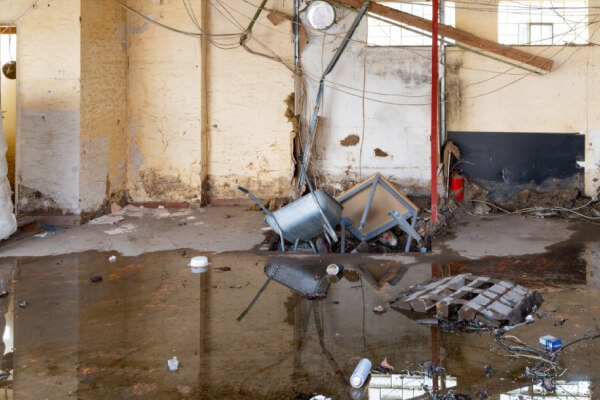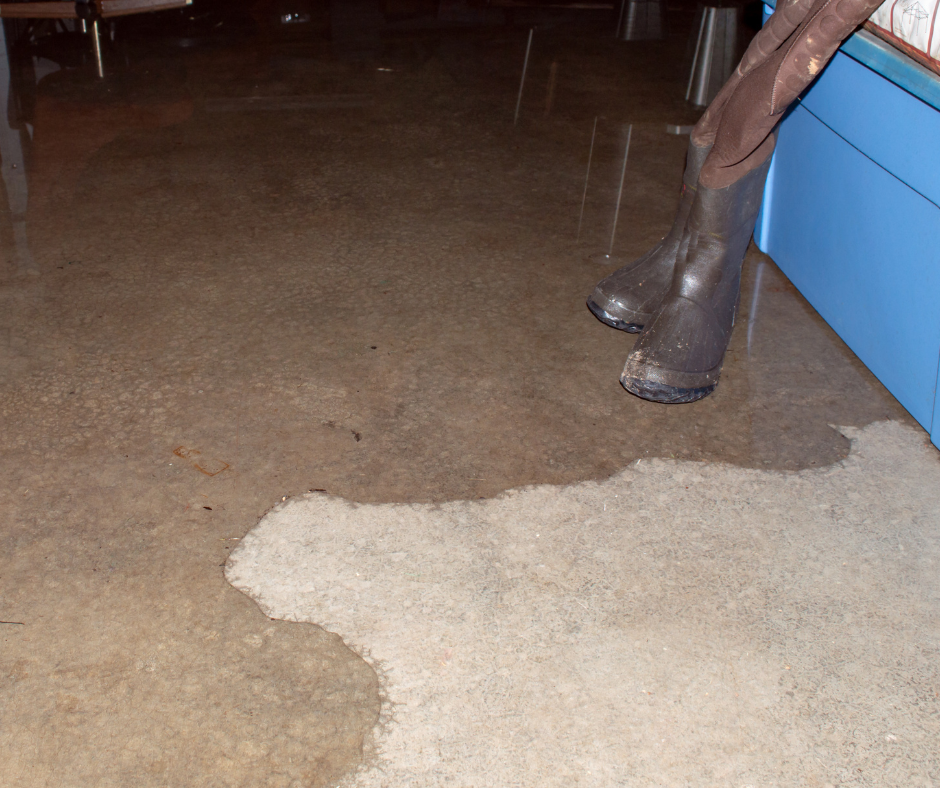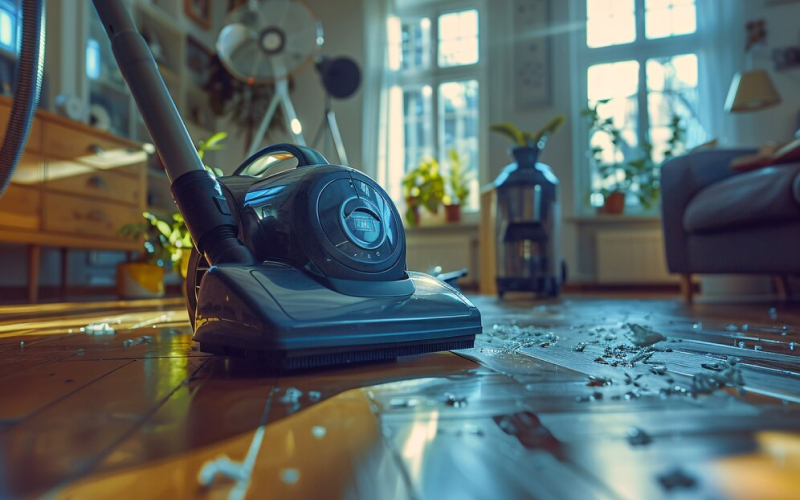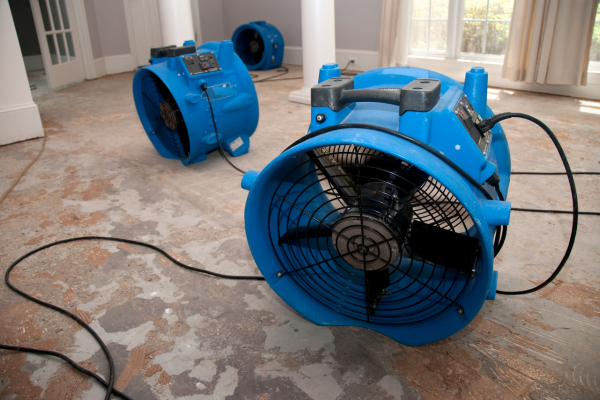When your property has been affected by fire, dealing with insurance claims can feel like navigating a labyrinth. As you search for “fire damage repairs near me” it’s crucial to understand how to effectively manage your insurance claim to ensure you receive the compensation you need for full restoration. This guide will walk you through the process of navigating insurance claims for fire-damaged properties, helping you avoid common pitfalls and maximize your claim.
Immediate Steps After a Fire
Before diving into the claims process, there are critical steps to take immediately after a fire:
- Ensure everyone’s safety
- Contact your insurance company as soon as possible
- Secure the property to prevent further damage
- Document everything with photos and videos
- Start a detailed inventory of damaged items
Understanding Your Insurance Policy
Before filing a claim, thoroughly review your insurance policy. Key elements to understand include:
- Coverage limits
- Deductibles
- Additional living expenses coverage
- Replacement cost vs. actual cash value
- Specific fire damage provisions
If you’re unsure about any aspects of your policy, don’t hesitate to ask your insurance agent for clarification.
The Claims Process: A Step-by-Step Guide
Initial Contact and Claim Filing
- Contact your insurance company immediately
- Provide basic information about the fire and damage
- Get a claim number and the name of your assigned adjuster
Emergency Repairs and Mitigation
- Make only necessary repairs to prevent further damage
- Keep all receipts for emergency repairs
- Don’t dispose of damaged items until the adjuster has seen them
Detailed Documentation
- Take extensive photos and videos of all damage
- Create a comprehensive inventory of damaged or lost items
- Include age, purchase price, and replacement cost for each item
Meeting with the Insurance Adjuster
- Be present during the adjuster’s inspection
- Point out all areas of damage
- Provide your inventory and documentation
- Ask questions and take notes during the meeting
Getting Repair Estimates
- Obtain multiple estimates from reputable “fire damage repairs near me” services
- Ensure estimates are detailed and itemized
- Don’t settle for the lowest bid if it doesn’t cover all necessary repairs
Negotiating the Settlement
- Review the adjuster’s report carefully
- Don’t accept the first offer if it seems too low
- Be prepared to provide additional documentation or estimates
- Consider hiring a public adjuster for complex claims
Handling Claim Disputes
- If you disagree with the settlement offer, submit a written dispute
- Provide additional evidence to support your claim
- Consider mediation or arbitration if you can’t reach an agreement
Dealing with Water Damage from Firefighting Efforts
Fire damage often comes hand in hand with water damage from firefighting efforts. When searching for “water damage restoration near me” look for companies that can handle both fire and water damage restoration. This comprehensive approach can streamline your restoration process and potentially simplify your insurance claim.
Contents Restoration and Your Claim
Don’t overlook the importance of contents restoration in your claim. Many items that appear destroyed may be salvageable with professional restoration techniques. Search for “contents restoration near me” to find specialized services. Include these potential restoration costs in your claim to ensure comprehensive coverage.
Common Pitfalls to Avoid
- Delayed reporting: File your claim as soon as possible to avoid potential claim denials.
- Insufficient documentation: Thorough documentation is crucial for a successful claim.
- Disposing of damaged items too soon: Keep all damaged items until the adjuster has completed their assessment.
- Signing documents without understanding: Always read and understand any document before signing.
- Accepting lowball offers: Don’t feel pressured to accept an offer that doesn’t cover all your losses.
- Failing to account for hidden damage: Smoke and water damage may not be immediately apparent.
- Not considering long-term impacts: Factor in potential long-term effects like smoke odor or structural weakening.
Maximizing Your Claim
- Be proactive: Stay engaged in the claims process and follow up regularly.
- Keep detailed records: Document all communications with your insurance company and contractors.
- Understand replacement cost vs. actual cash value: Push for replacement cost coverage where possible.
- Consider additional coverages: Don’t overlook options like debris removal or landscaping damage.
- Factor in code upgrades: If repairs require upgrades to meet current building codes, include these costs.
- Account for inflation: In case of delays, factor in potential cost increases for materials and labor.
- Get expert opinions: Consider hiring specialists to assess specific types of damage.
When to Seek Professional Help
Consider hiring a public adjuster or attorney if:
- Your claim is large or complex
- You’re not confident in navigating the process alone
- You’re facing significant pushback from your insurance company
- There are coverage disputes or claim denials
While this involves additional cost, it can potentially increase your settlement and reduce stress.
Preparing for Future Claims
Once you’ve navigated this claim, take steps to be better prepared for potential future incidents:
- Update your home inventory regularly: Keep a detailed, up-to-date inventory of your possessions.
- Review and update your policy annually: Ensure your coverage keeps pace with your needs and property value.
- Implement fire prevention measures: Install smoke detectors, fire extinguishers, and consider a sprinkler system.
- Store important documents safely: Keep insurance policies and other crucial documents in a fireproof safe or digital cloud storage.
Emotional Support During the Claims Process
Navigating an insurance claim after a fire can be emotionally draining. Don’t hesitate to seek support:
- Lean on friends and family for emotional support
- Consider joining a support group for fire survivors
- Look into counseling services if you’re feeling overwhelmed
Remember, it’s normal to feel stressed during this process. Taking care of your emotional well-being is just as important as managing the practical aspects of your claim.
Conclusion: Perseverance Pays Off
Navigating insurance claims for fire-damaged properties is often a long and complex process, but with patience, diligence, and the right approach, you can achieve a fair settlement. Remember to stay organized, communicate clearly, and don’t be afraid to advocate for yourself.
As you work through your claim, keep your end goal in mind: restoring your property and your life to normalcy. Whether you’re dealing with fire damage repairs, water damage restoration, or contents restoration, a successful insurance claim is a crucial step in your recovery journey.
By understanding the process, avoiding common pitfalls, and maximizing your claim, you’re not just navigating an insurance claim – you’re paving the way for your home’s restoration and your family’s recovery. Stay persistent, stay informed, and don’t hesitate to seek help when you need it. With the right approach, you can turn this challenging experience into a stepping stone towards a restored and possibly improved home.







